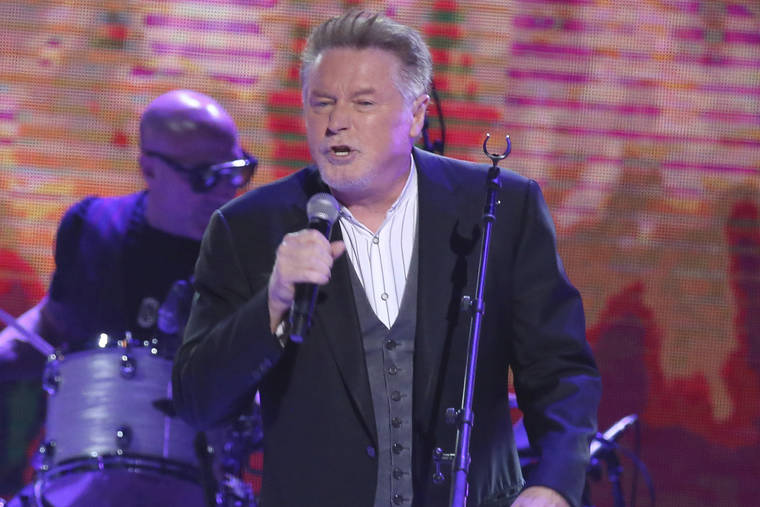WASHINGTON — Eagles songwriter Don Henley urged Congress on Tuesday to “Take It to the Limit” to protect artists against online pirating, wading into a copyright fight pitting Hollywood and the recording industry against big tech platforms like Google’s YouTube.
The blockbuster hitmaker of the 1970s testified online from his home before a Senate Judiciary subcommittee weighing possible changes to a 1998 copyright law. The law allows holders of copyrighted material to formally ask parties they believe have taken their content without permission to remove it. The parties can dispute the claim. If they comply promptly with the request, there are no legal consequences. Otherwise, they may be subject to criminal penalties.
Henley said the law is weak and needs to be changed to make it more effective in stopping online piracy.
The so-called “notice and takedown” system under the copyright law is used by the movie and recording industries, entertainment software makers and book authors to pursue tech platforms, universities and other facilitators of file-sharing.
Henley called the copyright law “a relic of a MySpace era in a TikTok world.” With hundreds of millions of takedown notices sent, for every link taken down, “a dozen more pop up in its place,” he said. The system “still allows Big Tech to rake in revenue” after repeated copyright infringements, Henley said.
In the debate over online pirating, the subcommittee chairman, Sen. Thom Tillis, R-N.C., made his leanings clear. He said creative industries have been “absolutely decimated” by the economic fallout of the pandemic as well as online pirating of copyrighted material that hasn’t slowed down.
“Piracy has become easier and faster and much, much more common,” Tillis said. “The current system is failing and it’s failing badly.”
He confided that the first live music performance he saw, when he lived in Nashville, was the Eagles. The rock group, with Henley as singer, drummer and songwriter, produced some of the best-selling albums of all time in the 1970s.
The other senators who attended the hearing, Democrats Chris Coons of Delaware and Richard Blumenthal of Connecticut, expressed support for changes to update the copyright law.
Copyright holders maintain that some network operators have manipulated internet-provider addresses in a way to make other networks appear responsible for the file-sharing. Entertainment industries have been pushing tech platforms to do more themselves to police content that violates copyright.
On the other side, users of the content have accused copyright holders of alleging infringement where it doesn’t exist. Internet companies say they have worked actively with the creative industries to block access to illegal content and protect the copyrights.



